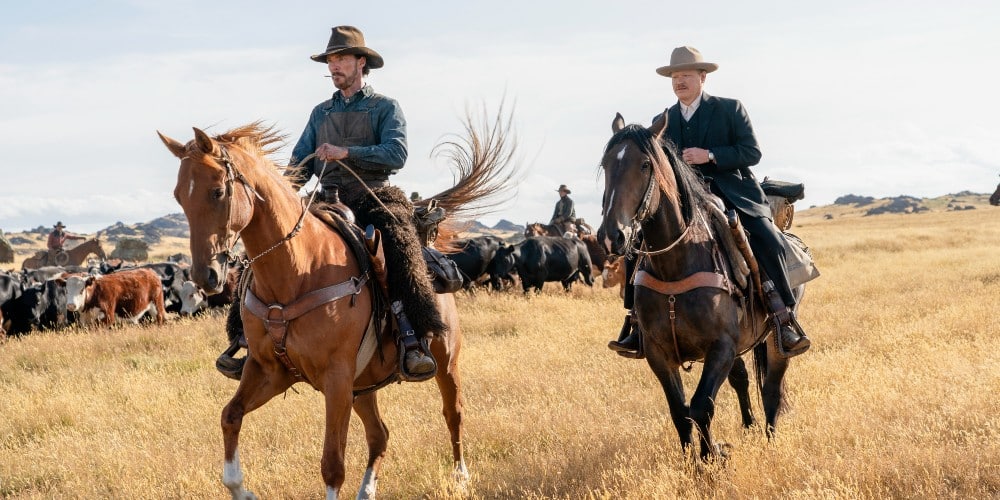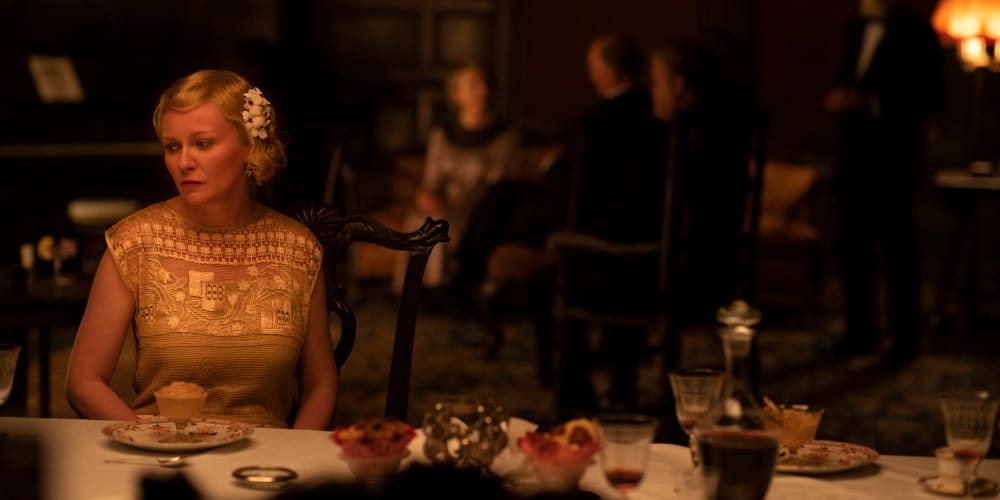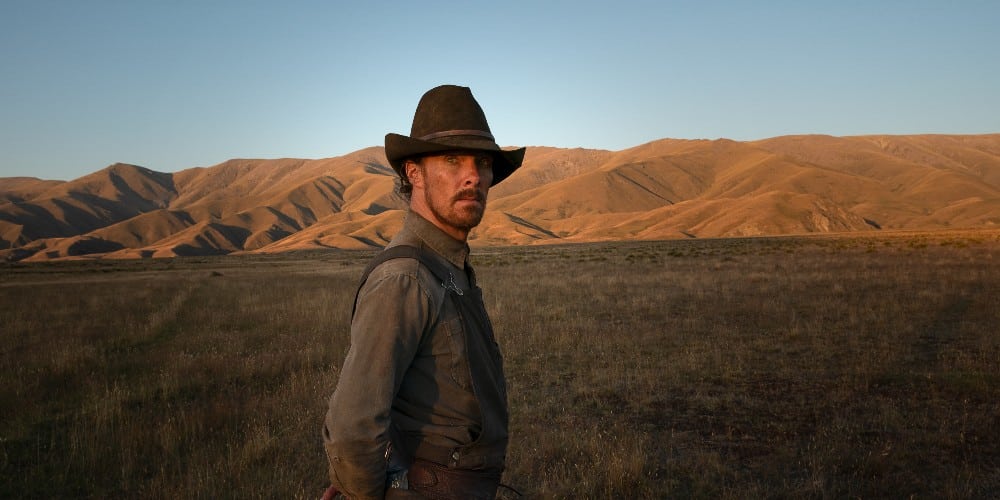Read also:
How to Watch FX Live Without CableHow To Watch AMC Without CableHow to Watch ABC Without CableHow to Watch Paramount Network Without CableThe great director and a stupendous cast dig deep into dread and melancholy in one of 2021’s finest films.
Twelve years after her last film, Jane Campion returns to the scene of feature-length filmmaking with the slow-burn, neo-western The Power of the Dog. Based on Thomas Savage’s 1967 acclaimed novel of the same name, the movie is a character study of repressed desire and masculinity that operates like an unnerving Greek tragedy. The story takes place in 1925 Montana — though the Kiwi-born filmmakers shot the film in her native New Zealand, where big hills and thick clouds create a sense of isolation — and it centers on two rancher brothers who share no resemblance in their personalities.
Paul Burbank (Benedict Cumberbatch), the older brother, is cold and cruel. Every word that comes out of his mouth feels like deadly venom. He coats himself in mud and cow’s stink because to him that’s what a masculine man should look and smell. He knows anything about ranch life, from castrating a bull to braiding a rope from cowhide strips. George (Jesse Plemons), on the other hand, is soft-spoken and gentle, even almost shy. Though the two brothers could not be any more different, they always do everything together, and that includes sharing a bedroom.

One day, Phil, George, and their cowboy crew go to a small town near their ranch to dine at a restaurant run by a woman named Rose (Kirsten Dunst). She’s a widow—her husband, a doctor, died by suicide several years before—so now it’s just her and her son Peter (Kodi Smit-McPhee), a sensitive young boy who cares deeply about his mother. When The Power of the Dog begins, a question is asked by Peter before we even meet him. “What kind of man would I be if I didn’t help my mother? If I didn’t save her?” This question will become a mystery central to the rest of the movie.
Peter’s softness and hobby of making paper flowers as decorations for the restaurant somehow catch Phil’s attention, though not in a good way. He harshly berates him in front of the other guests that boys don’t do that kind of thing—an act of cruelty so pronounced that it leaves Rose in tears. Feeling sorry for the poor widow, George meets with her after dinner to apologize for his brother’s beastliness. Before long, the two find themselves falling for each other. Soon, they marry.
Campion knows how to get into her characters’ heads, to examine their inner psyches and desires with surgical precision.
After the wedding, Rose moves to the Burbank ranch to live with George, which infuriates Phil. When George departs on a business trip, Phil jumps at the opportunity to make Rose’s life a living hell. He humiliates and torments her in any way he can, even dubbing her a “cheap schemer.” When Peter comes to stay on the ranch over his summer break from medical school, Phil’s attempts to terrorize Rose grow even more malicious. They work, and Rose slowly unravels into alcoholism.
While the pain and paranoia that Rose feels are palpable throughout, Dunst keeps things understated for most of the time. The subtlety of her performance actually fits the character. Rose is a woman who likes to perform in front of others, always hiding her heartbreak and presenting herself to look bubbly as if nothing’s wrong. Dunst lets Rose’s agony crack through her cheeriness without overplaying it. It’s layered, difficult work and Dunst does it with aplomb.

During its first half, The Power of the Dog seems to have a set destination, weaving a sense of terror that suggests impending tragedy. While this foreboding feeling is palpable throughout the picture’s second half, the picture zigs when it might zag. It continually subverts expectations and reveals layers within layers as it steadily works towards a jaw-dropping climax.
Phil, who initially seems willfully one-dimensional in his cruelty, unveils depth as The Power of the Dog progresses. After a sudden change of heart, he takes Peter under his wing, giving him lessons on how to be a good rancher. Has Phil suddenly come to care for Peter? Or is it his seeming warmth one more way to drive Rose insane? Does Peter truly want to learn from Phil? Or is he playing a game of his own? Cumberbatch and Smit-McPhee play into this ambivalence perfectly.

Campion’s direction is masterful. She slowly builds The Power of the Dog‘s atmosphere: dread with hints of melancholy here and there. She deploys Jonny Greenwood’s breathtaking score to emphasize and underline these feelings. Campion knows how to get into her characters’ heads, to examine their inner psyches and desires with surgical precision. For her first film in 12 years, Campion has made a magnificently performed and precisely controlled picture. This is one of the year’s best films.
The Power of the Dog arrives on Netflix on December 1st, 2021.